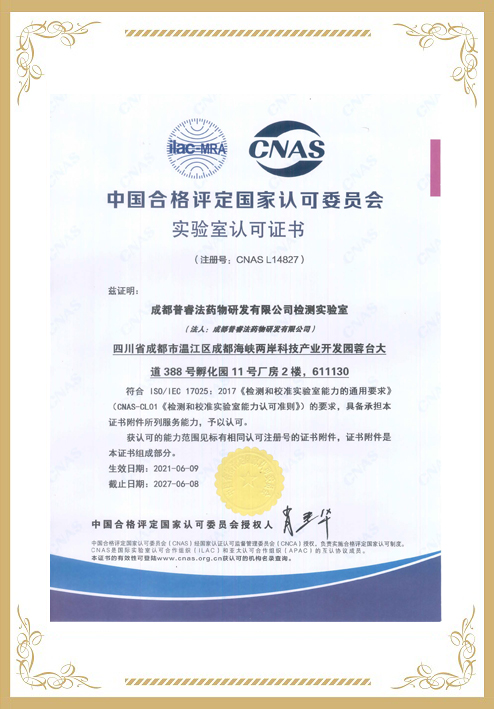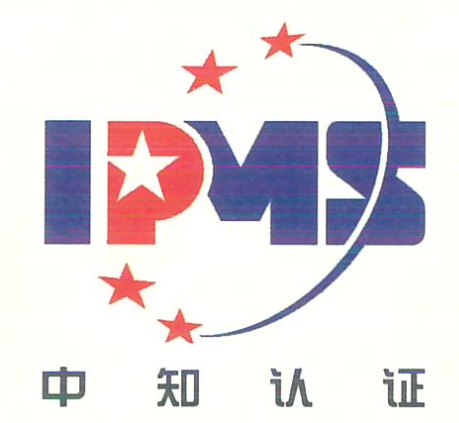在线咨询
联系电话:
销售:
400-829-7929(7*24小时)
028-82633860
028-82633397
028-82633165
技术服务和产品定制:
028-82633987
在线服务:
沈帅
文静
贺丹丹


销售:
400-829-7929(7*24小时)
028-82633860
028-82633397
028-82633165
技术服务和产品定制:
028-82633987
在线服务:
沈帅

文静

贺丹丹
















